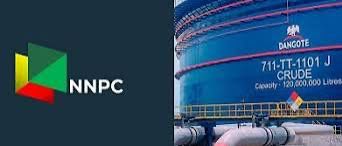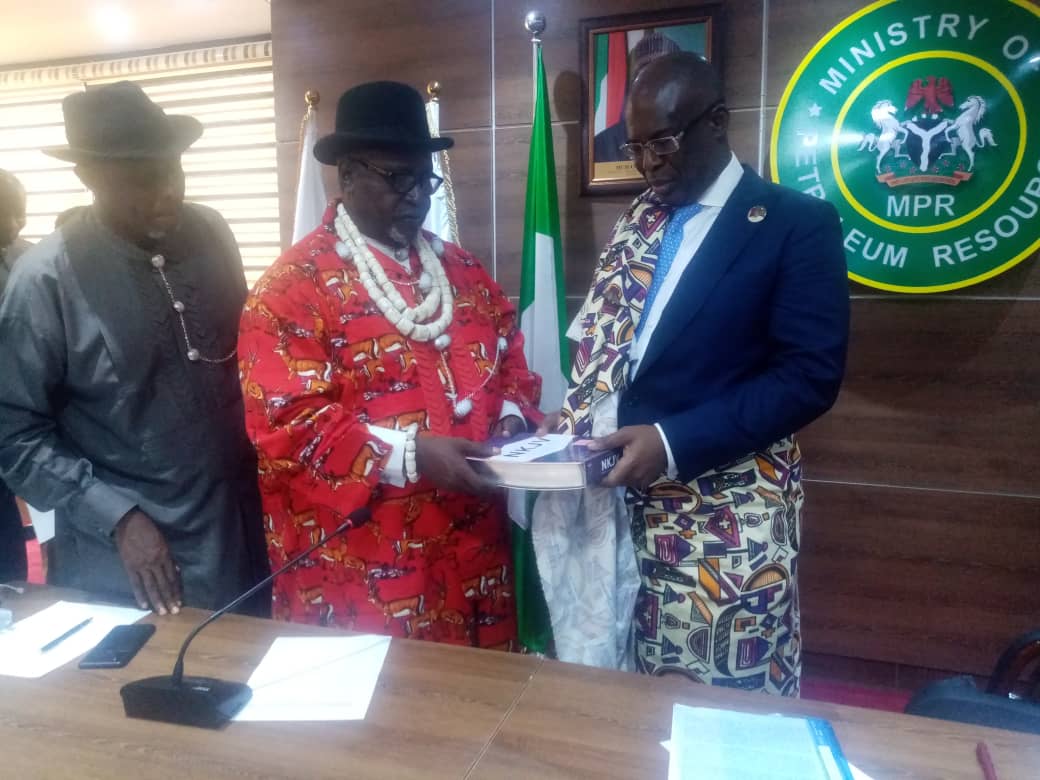The Federal Government has confirmed that the Dangote Refinery will sell its Premium Motor Spirit (PMS), also known as petrol, exclusively to the Nigerian National Petroleum Company Limited (NNPCL). This directive was announced by the Presidential Committee on the Sale of Crude Oil and Refined Products, signaling a significant shift in the nation’s fuel distribution strategy.
Chairman of the Federal Inland Revenue Service (FIRS) and a committee member, Zacch Adedeji
disclosed the new policy on Friday while announcing the commencement of the loading of the first batch of petrol from the Dangote Refinery, scheduled for Sunday, September 15, 2024.
“All agreements have been finalized, and the loading of the first batch of PMS will start on Sunday, September 15. From October 1, NNPCL will begin supplying crude oil to the Dangote Refinery, which will be paid for in naira.
In return, the refinery will supply PMS and diesel of equivalent value to the domestic market, also to be settled in naira,” Adedeji explained.
He further added, “For now, PMS will only be sold to NNPCL. NNPCL will then handle the distribution to various marketers through its trading company.”

The policy was further affirmed by Wale Edun, the Minister of Finance and Coordinating Minister of the Economy, during a press conference in Abuja.
He clarified that interested marketers would need to purchase the product from NNPCL, the sole authorized distributor under the current arrangement.
This directive forms part of a broader agreement between the government and the Dangote Refinery concerning the supply of crude oil and the subsequent distribution of refined products.
However, the decision appears to contradict an earlier statement from NNPCL, which had asserted that it did not intend to be the sole distributor of petrol produced by the refinery.
The exclusive sales arrangement is expected to have implications for the country’s fuel distribution network, influencing both the market structure and pricing strategies in the near future.




